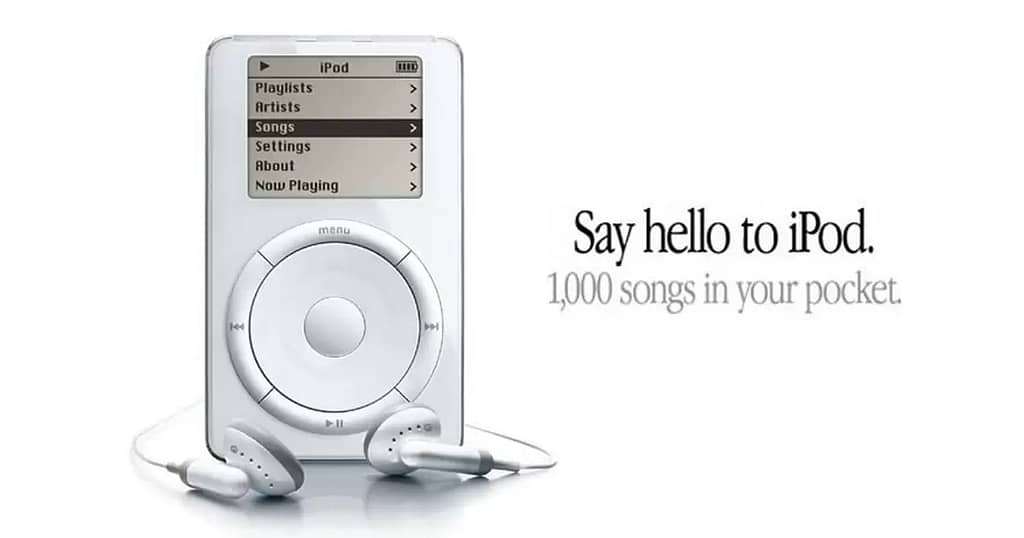Nobody gives a crap about your product.
Sorry to be blunt, but it’s the truth. That’s likely why your landing page isn’t converting well.
Before you start cursing me out, I’m not criticizing your product. I’m sure it’s great. But people don’t care about products. They care about solutions to their problems.
That’s why product development experts tell you to start with a problem to solve instead of an idea for a product.
Yet when it comes to the landing page, many seem to forget this and make it all about the product and features.
I get it. Your product is your baby. You’ve grown it from a simple idea to something real. You love it. You’re proud of it.
But potential users aren’t in the same mindset. They aren’t emotionally invested in your product. They couldn’t care less about it. But they do care about themselves. That’s what you need to focus on.
Sell the solution, not the product
You may be thinking, “My product is a solution.” And while that may be true, there is a difference when it comes to messaging. A product is just a thing. A solution is a benefit that personally impacts the user in a positive way. Consider this example.
Apple didn’t launch the iPod by stating, “Here’s a digital music player.” They didn’t lead with features such as how much memory it had.
Instead, they introduced it with a simple line of copy that crystallizes what those features mean to people: “1,000 songs in your pocket.”
Remember, before the iPod, portable music was limited to how many CDs you could carry with you. The simple statement above speaks to that pain point in a specific, tangible way.
Notice how the focus of Apple’s message is on the user rather than the product? That’s what you want to do with the copy on your landing pages. Lead with benefits over features.
Broaden your appeal without losing focus
OK, I may have overstated things a bit when I implied people don’t want products. Some people do want products that solve their problem. But that’s only after they have identified what their problem is and what the options are to deal with it.
Say, for instance, someone is frustrated that he never seem sto get as much done during their workday as he wants. At that stage, he is problem aware.
The next step for someone in this stage is to search for solutions. That may include products, but it could also include other solutions.
With the example above, these might include productivity apps, delegating tasks where possible, or learning strategies to better manage his time. When the person explores these, he is solution aware.
If that person decides a productivity app is the best way to solve his problem, then he starts comparing different apps that do this. At the end of this step, he is product aware.
When you focus the page on your product, rather than as the solution to users’ problems, you’ll only appeal to people at this last stage. If your landing page is part of a campaign specifically targeting people actively shopping for products, that’s fine. But if it’s not, you’re ignoring a big portion of your prospects.
Be more original
Sure, having a feature that your competitors don’t can differentiate you … for a little while. But features are easy to copy.
Go ahead. Try to think of a brand you identify with a unique feature. Not easy, is it?
You have to work hard to find a unique value proposition for your landing page that isn’t as easy to copy. It could be specific results your product has delivered. It could be the niche you’re targeting. Or it could be your company mission.
It may take a few tries to find the right appeal. But if your current landing page isn’t converting visitors into prospects or prospects into customers, then it’s a must. If you need help, feel free to reach out.
